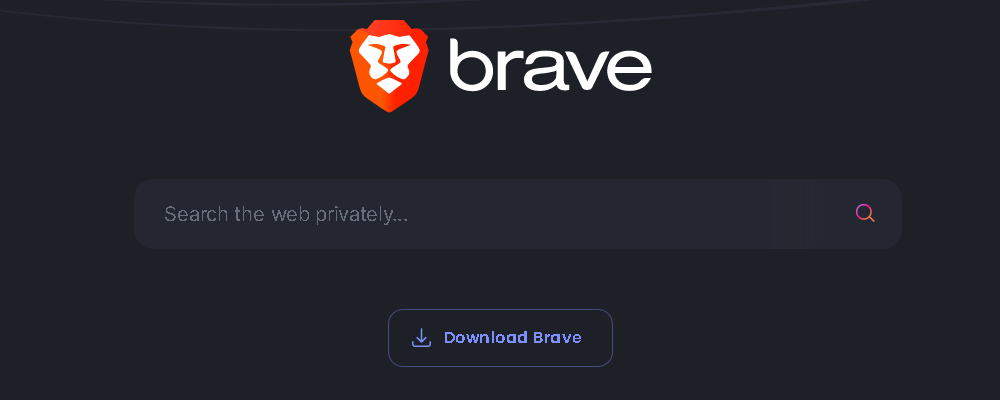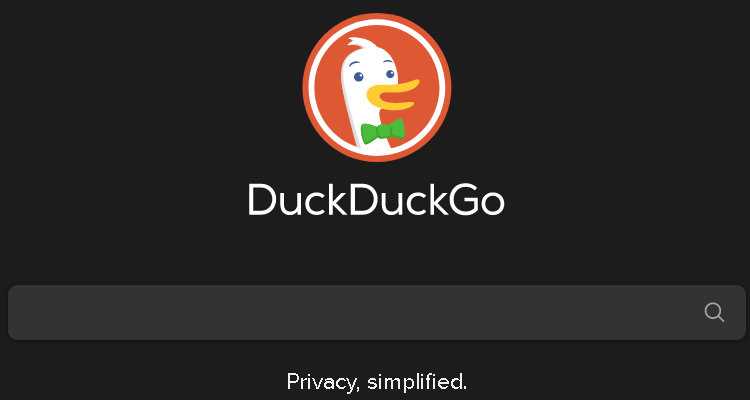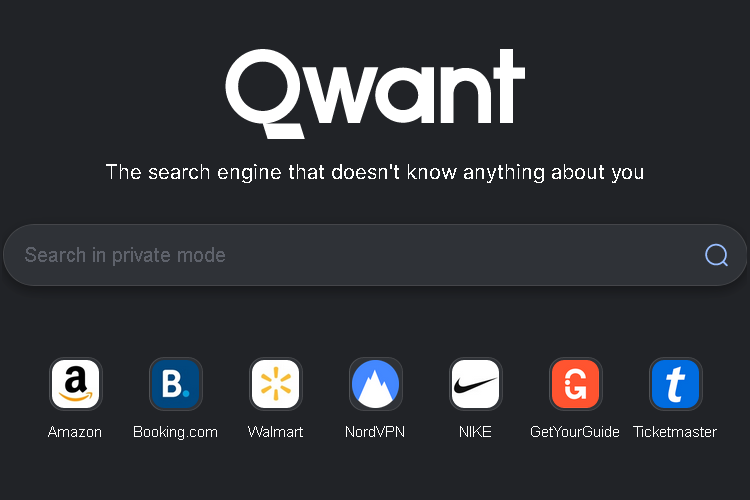In the digital age, search engines have become our go-to sources for quick information. While Google is the most popular choice, there are several alternative search engines that offer unique advantages. Here are the top 5 Google alternatives that prioritize user privacy and offer a high-quality search experience.
1. Brave Search
Brave Search is a product of the creators of the privacy-focused Brave web browser. It promises “unmatched privacy” and does not track your searches or clicks. Brave Search uses its own web crawling index and anonymous API calls to third parties to generate results. It also offers unique features like AI-powered Summarizer and Discussions section on the result page.
Brave Search is a relatively new player in the search engine market, but it has quickly gained popularity due to its strong commitment to privacy and its innovative features. Unlike many other search engines, Brave Search does not rely on advertising revenue, which means it has no incentive to track your online activities or sell your data to advertisers. This makes it a great choice for anyone who values their online privacy.
2. DuckDuckGo
DuckDuckGo is a well-known alternative to Google that emphasizes user privacy. It does not track your searches, making it a great choice for those concerned about online privacy. Despite its focus on privacy, DuckDuckGo still delivers high-quality search results.
DuckDuckGo has been around for over a decade, and it has built a reputation for being a reliable and privacy-focused search engine. It offers a clean and intuitive user interface, and its search results are often comparable to those of Google. In addition to its search engine, DuckDuckGo also offers a browser extension that blocks trackers and provides additional privacy features.
3. Bing
Microsoft’s Bing is another viable alternative to Google. It offers a rewards program that allows users to accumulate points while searching. These points are redeemable at the Microsoft and Windows stores. Bing also provides a clean user experience for video searches without a YouTube bias.
While Bing does collect some user data, it is less invasive than Google. Bing’s rewards program is a unique feature that sets it apart from other search engines. By using Bing, you can earn points that can be redeemed for gift cards, donations to charity, and more. Bing also offers a variety of search options, including image, video, news, and map searches.
4. Qwant
Qwant is a web-based search engine that respects your privacy. It does not track your searches or clicks, making it a great choice for those concerned about online privacy.
Qwant is based in France and adheres to strict European privacy laws. It offers a variety of search options, including web, news, social, and shopping searches. Qwant also offers a music search feature, which allows you to find information about artists, albums, and tracks, as well as listen to music directly from the search results.
5. Searx
Searx is a metasearch engine that emphasizes privacy. It aggregates results from more than 70 search services and does not store search data.
Searx is an open-source project, which means its code is publicly available and can be reviewed by anyone. This transparency is a major advantage for privacy-conscious users, as it allows them to verify that Searx is not tracking their searches or collecting their data. Searx offers a wide range of search categories, including general, files, images, IT, map, music, news, science, social media, and videos.
In conclusion, while Google remains a powerful search engine, these alternatives offer unique features and enhanced privacy. Give them a try and see how they can improve your search experience.





